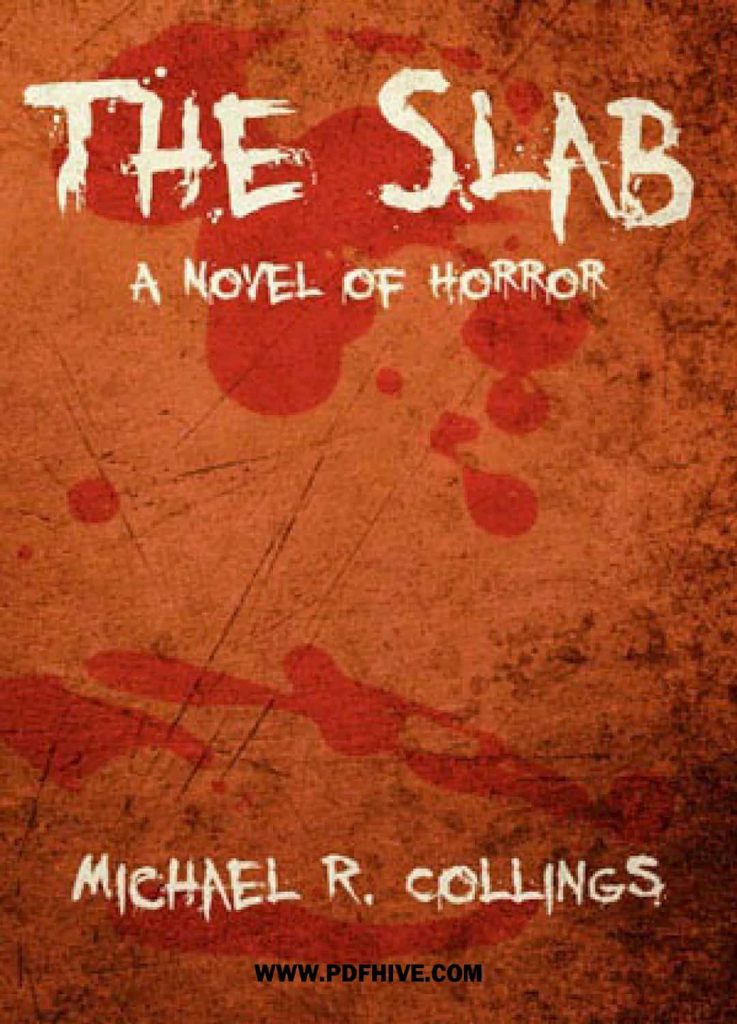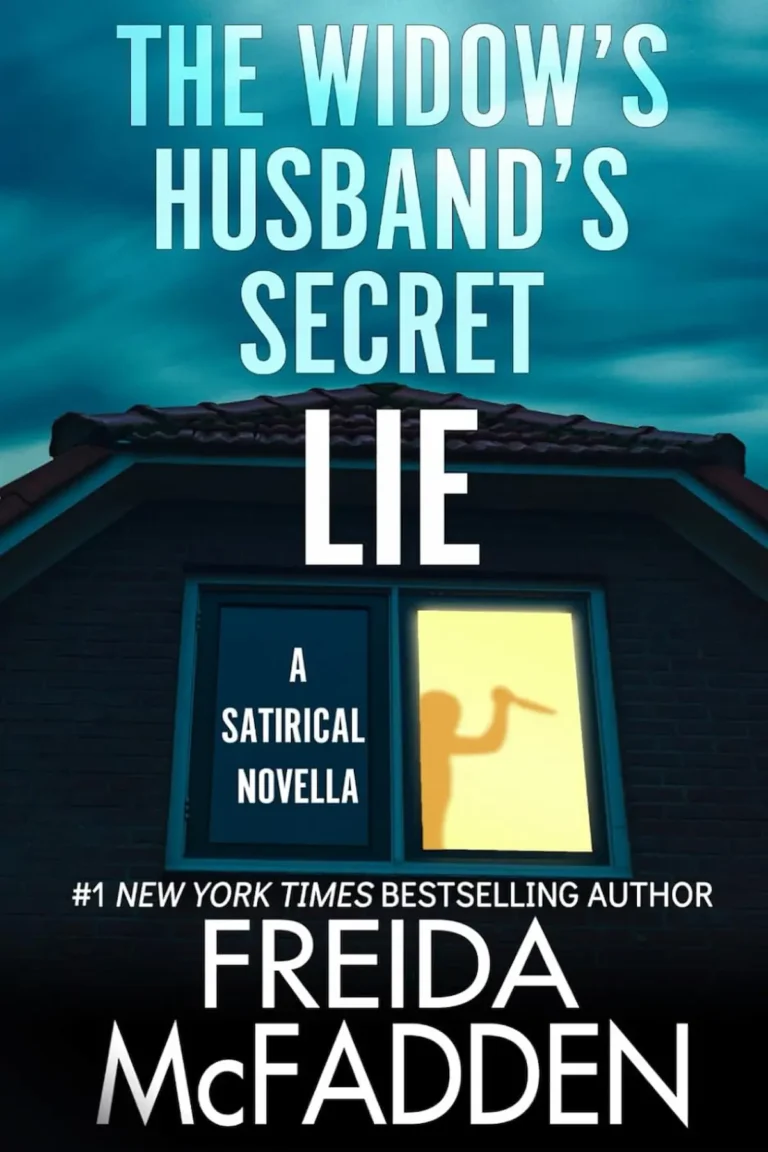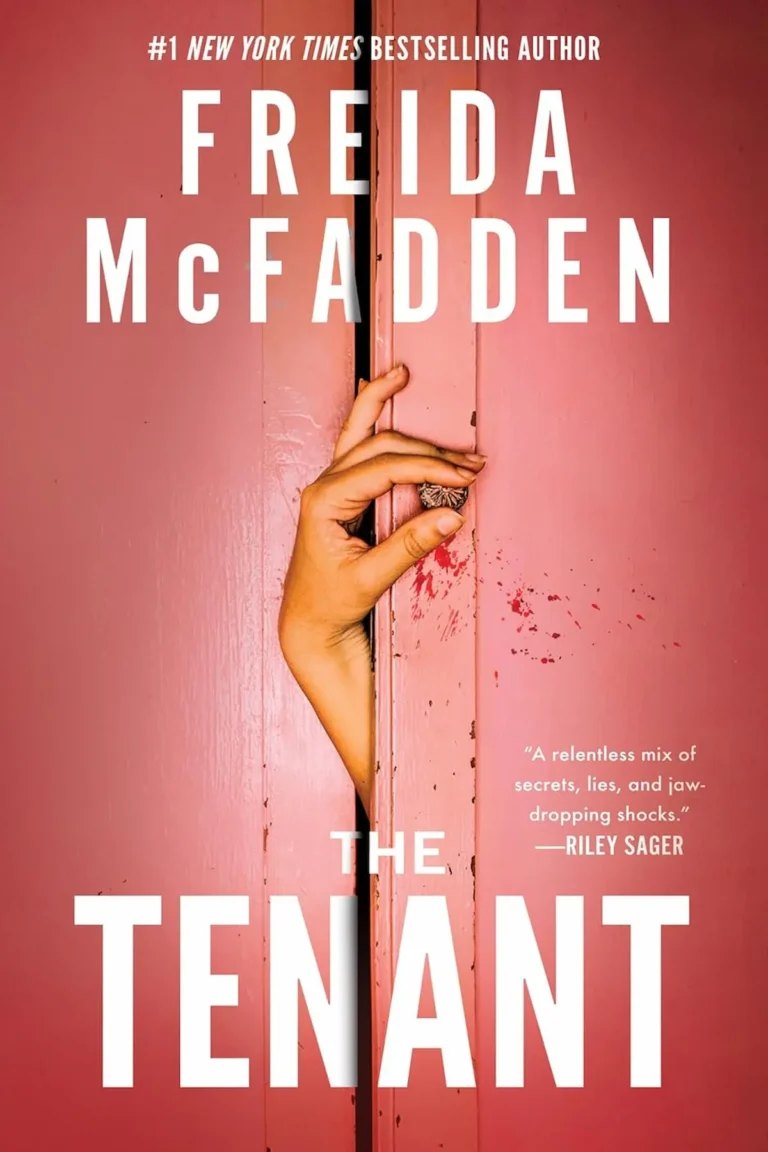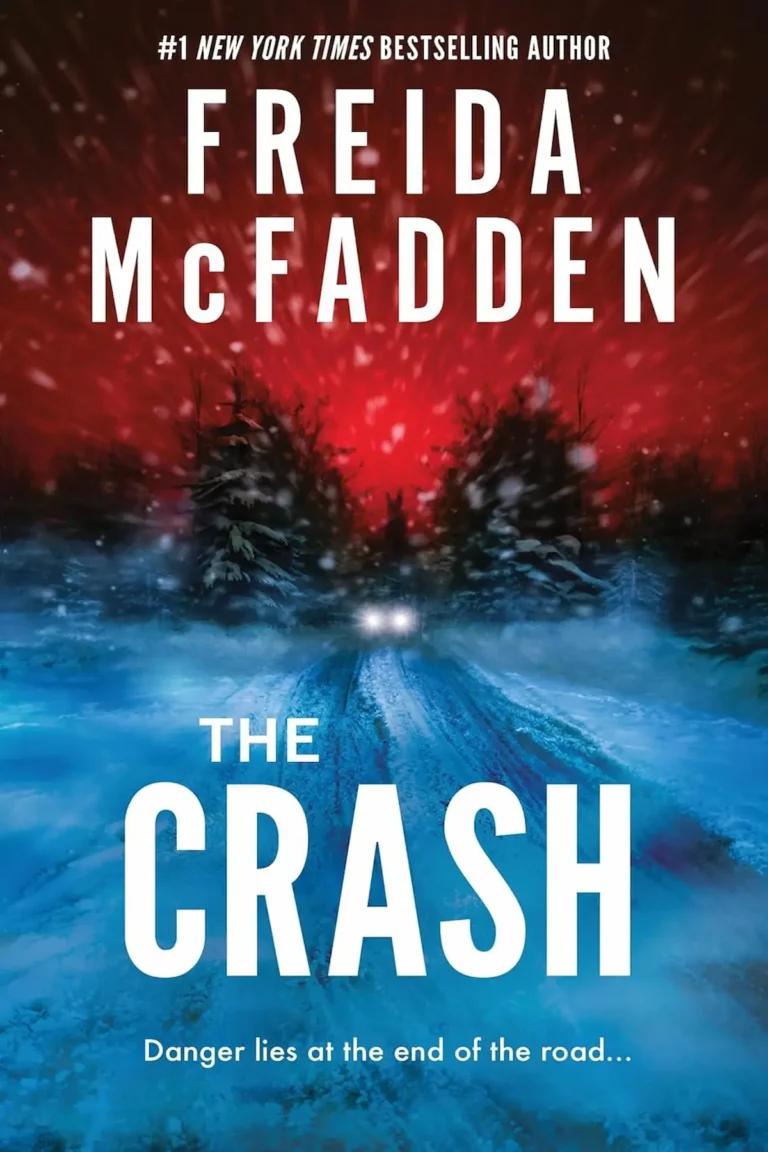It was a day made for death. Brittle shards in the slanting October sunset stabbed the silent road. Brassy gold stained shaggy yards a muddy, coppery brown. The expiring light fingered naked chunks of rain-blackened elms and fruitless mulberries and peaches and skeletal jacarandas. It rested heavily over the drooping branches of the occasional valley oaks that had survived structure of the subdivision two years earlier. It tinted vibrant stucco walls not yet faded to earth-mud brownish by interminable summers of suns, maybe not even hidden behind luxuriant passion vines or junipers or even the creeping jasmine popular in this part of Southern California.

From the strange, quirky mild, the Charter Oaks subdivision became the enigma of striated shadows, lifeless black pinioned against muted October color in the late night of a day which was more cloud-ridden than differently.
Ace McCall squinted. The sun sliced through a bank of clouds low over the horizon, as if day were leading for one last chance at life before giving up and dying painfully into night. Blinking and cursing under his breath, McCall slapped the sun visor down. This place was bad enough in the summer, he grunted to himself, when the sun would sear a man’s naked eyeballs in their sockets like eggs frying on a hot garbage can lid in the hundred degree heat, especially when the glare billowed in waves off the glistening white finish of his year-old Lincoln Mark VII. But you’d think that by this time of year, the damn sun would let up. He blinked a couple more times, the movement of his eyes unconsciously echoing the rhythm of his turn-signal indicators as he swung off Mariposa Way onto Oleander Place. He didn’t stop, even though the intersection was clearly marked with the standard red octagon. Almost as an afterthought, he slowed just enough to scan the cross street.
A California rolling-stop came as close as anything to describing the maneuver—illegal by any account, but Ace McCall didn’t give a damn. There wouldn’t be any cop cars on watch, not here in the middle of Charter Oaks. And there wasn’t any cross traffic, anyway. He wasn’t dumb enough to just pull in front of some snot-nosed kid’s dilapidated Beetle and get sideswiped. There wasn’t a nick on the Linc anywhere, and he’d been driving it for over a year. Even into LA two or three times a month. If he could survive that cannibalistic traffic, this piddling street counted for less than nothing. He knew how to handle machines. He straightened the wheel and followed the gentle arc of Oleander Place as it rose gradually to crest the tallest of the small hills that dotted Tamarind Valley. The top marked one of the boundaries of Charter Oaks. The end of Ace McCall’s responsibility. Responsibility.
He grimaced. He was starting to hate that phrase. He glanced at the Passenger seat beside him. An issue of the Tamarind Valley Times lay open, accusing him using a white-eyed, blank stare. He caught the edge of a headline and ripped his eyes from the roadway just long enough to enroll three words –“CONSTRUCTION FRAUD CHARGED”–until he crumpled the top page and tossed there was a flicker of movement. McCall glanced sideways, across the lane to one of the tract homes. A solitary ghost stood forlornly in a newly landscaped front yard. It gazed wistfully at the street and clutched a white tote adorned with silhouetted black witches and cats at its sheet-draped hand. Clutched it as tight as death itself.



